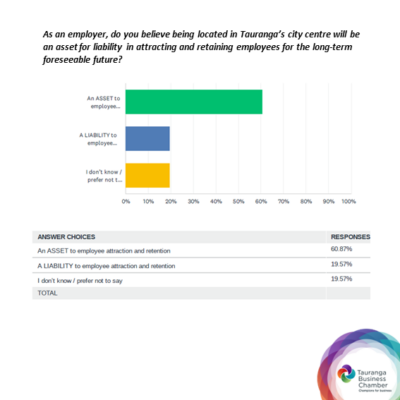‘Skin in the game’ is a term that refers to offering an employee a piece of the pie or a seat at the table. In other words, when an employer offers an employee the opportunity to own shares or buy stock in their company or business, and share in its success, that’s called ‘skin in the game.’
We spoke to Tom Beswick at Ingham Mora Chartered Accountants to find out what are the advantages and disadvantages of offering employees ‘skin in the game, and what you should be considering if you want to implement this as part of your business.
What are the benefits of offering my employees ‘skin in the game’?
Employees who own shares in the business are likely more engaged then those who do not. A staff member with shares is financially motivated in the success of the business as they own a share of the profits. A business owner doesn’t simply clock off at 5. They are always thinking about ways to improve. So, if a single owner brings on a key staff member as a shareholder, such as a team leader, then there are now two owners who are committed to the success of that business. Furthermore, ‘skin in the game’ can help increase employee retention because this means they will now get a share of the profits.
What are the disadvantages of offering my employees ‘skin in the game’?
The main disadvantage for a business owner is that they can no longer treat the business like it is a personal bank account. The business must ‘grow up’ a little, which can mean investing some time in implementing efficient systems and processes.
There is also a bit of a cost to setting up an employee share scheme of any kind as you’ll need to seek professional advice. Many businesses do not have a Shareholders Agreement (they don’t need one when it is just them as owners), however, that’s an important part when taking on a new shareholder for the protection of all stakeholders.
As a business owner, where do I start? What are the first steps to take in implementing employee equity in my company?
I recommend starting with a meeting with your chartered accountant. They can help you map out what the process might look like, and understand the questions that need to be answered such as:
- Which key staff are we looking at offering shares to?
- What is the business worth? (This affects the value of the shares and the percentage of shares being offered).
- Are there any parts of the business assets and liabilities that need tidying up as the employee will not have a share in them (i.e., moving a building out of the trading company)?
- Will the employee pay for the shares, or will the company fund the purchase?
- Restrictions on the shares. (i.e., in what circumstances would they be forfeited?)
- How to navigate setting up a shareholder’s agreement.
- Help explaining it to a staff member who has generally never bought shares before.

I’d like to retire soon, and I’d like to hand my business over to an employee. How do you recommend I go about doing this?
I would suggest first meeting with your chartered accountant to talk through all the options. There are lots of ways a sale to an employee can be structured and you want to make sure that the owner gets the best deal while ensuring his business transitions successfully. Sometimes there can be a period of joint ownership, and this can be great for all as it lowers the upfront purchase cost for the employee while giving the vendor a longer period where they are still earning the profits of the company.
Is there anything else you’d like to add?
It can seem a daunting process but with the right professional advisors, it does not have to be. Shareholder employees will always be much more committed than non-shareholders employees as fundamentally it is their money on the line. I’m excited to have these conversations more and more frequently with my clients as bringing through employee shareholders helps the current owners free up money and reduce their stress while providing great opportunities for the next generation.
Ingham Mora is more than just chartered accountants who count beans. They are a team of experienced business advisors ready to provide advice and support for your business at every stage of its life cycle. Whatever stage you’re at in business, they can provide the right support with a diverse range of experience and bespoke business advice. Need business advice? Visit their website and get in touch.
Looking for more business tips and advice? Head to our Latest News section.
















































